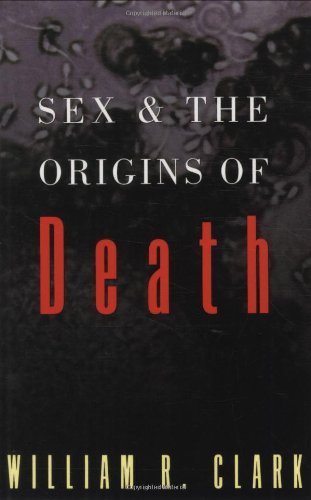Well I just had to laugh (I even saw the photographs) . . .
I first heard of the custom when living in Singapore. Strippers hired to perform before an image of the deceased as part of the ceremonies pending the actual cremation. I thought the idea was to give the deceased one last good time. Maybe it’s hard to grasp if we’re not familiar with the Chinese custom in crowded Singapore of setting up a marquee or special area for the coffin of the deceased on the property of the apartments where he or she lived, or nearby, with friends and relatives coming to visit over the days prior to the cremation ceremony. Candles, decorations of models of the things the deceased loved in life (paper cars, boats, money…), other religious paraphernalia all around, and lots of chairs and water bottles for the visitors. There would always be someone there to maintain the vigil, even through the night.
And some (by no means all — unless I was protected by the locals from ever finding out) of these spaces, I learned, even arranged for a private striptease dancer to perform before the picture of a male deceased.
And all of that was before the last day when crowds would assemble, with musicians and dancers, to drive the coffin off in a specially decorated truck leading a street procession to the place of cremation. What a send off.
Well, today I was reminded of all of the above with the following news:
China cracks down on funeral strippers hired to entertain mourners, attract larger crowds
Hired to attract crowds! Now that was different from the Singapore custom, that’s for certain. If I can ever remember where I filed it I will dig out the Singapore newspaper photo of the Chinese dancer there definitely facing and performing for the deceased. But in China the image is definitely indicative of a more general entertainment:
Now that’s definitely not what Singapore Chinese modesty was all about. Unless, as I said, I was protected because I was considered to be just another foreigner who would not understand.
What piqued my more serious interest in the story this time, however, was the suggestion that the ceremony might be traced back to “fertility worship”. One last ditch effort to ensure the deceased would still be able to, well… I’m not quite sure what. Anthropologists would be able to explain it, no doubt.
And given the eclectic interests of Vridar, I am further reminded of the Gospel of John. See Novelistic plot and motifs in the Gospel of John where I look at an article by Jo-Ann Brant discussing the way that gospel plays with the idea of a marriage anticipated by Jesus really being his death.
It all seems rather appropriate, I supposed, given that what made death possible (as opposed to evolving like ever dividing cells that go on forever and never die) was sex. Perhaps the story of Adam and Eve and their Fall is all about the way cell death evolved to remove and discard the less good bits from the mix.



